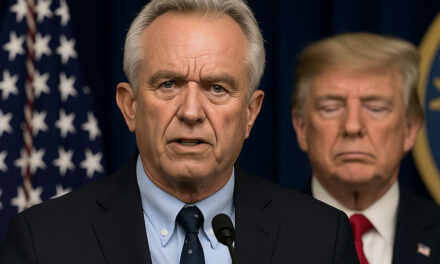
Supreme Court Will Not Hear Case Against Colorado's Marijuana Law
On Monday, the Supreme Court decided not to hear a case brought to the courts by the states of Nebraska and Oklahoma.
These two states were challenging Colorado’s marijuana laws, claiming that they violated federal law and that the repercussions of the laws were spilling into their borders. Both Nebraska and Oklahoma are concerned with the increase in trafficking as cartels and drug dealers work to get their product into Colorado.
Nebraska and Oklahoma fought that the Constitution ordered the Supreme Court to hear cases that involved disputes between states, although the Supreme Court justices disagreed.
Justice Clarence Thomas and Justice Samuel A. Alito Jr., dissented from the decision to reject the case, agreeing that the Constitution does require the court to look at state dispute cases.
Nebraska and Oklahoma continue to plead their case, with Oklahoma Attorney General Scott Pruitt stating, “The fact remains — Colorado marijuana continues to flow into Oklahoma, in direct violation of federal and state law. Colorado should do the right thing and stop refusing to take reasonable steps to prevent the flow of marijuana outside of its border. And the Obama administration should do its job under the Constitution and enforce the Controlled Substances Act.”
Now, the states must consider their next steps. They could take the case to federal district court and work their way up to eventually land in front of the Supreme Court, however this would take a considerable amount of time.
The case is based on the fact that marijuana possession is illegal under federal law, but has been legalized in many states, including Colorado. Colorado, along with Oregon, Washington and the District of Columbia have all voted to legalize recreational use of marijuana.
Eventually, Nebraska and Oklahoma hope to get a chance to plead their case and force Obama to step in and take action to enforce the federal law.


























Frank and Mike covered the main points. Larry, of what use is backing someone's economic policy in part when the…
I agree Seth: NOT MAGA! heh, heh. perspective, it's a bootiful thing.
Not MAGA.
Yup, Larry, you got me although you really didn't have to be such a dick about it. I just read…
Larry, Before you open your mouth again (and continue to make yourself look foolish), I suggest you educate yourself on…